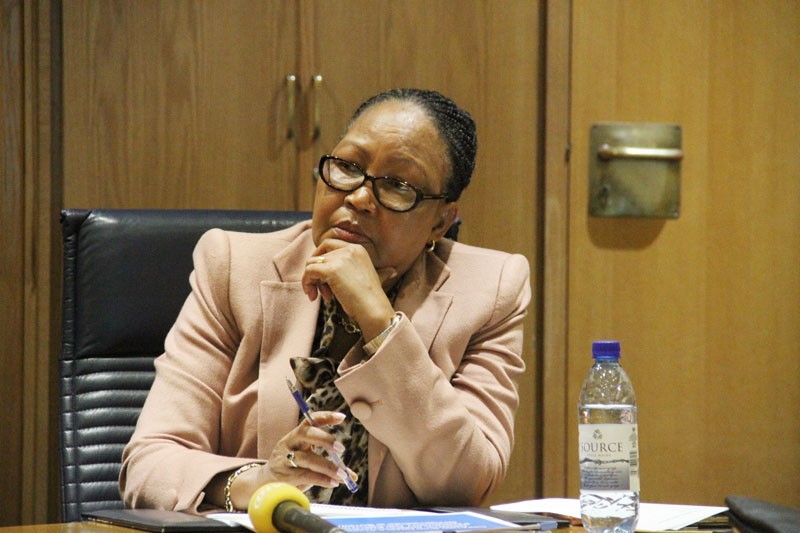Subdued economy batters business confidence
Brian Benza | Wednesday June 22, 2016 18:00


“The overall confidence in the prevailing business conditions is at 36%, eight percentage points lower than the level that prevailed during the September 2015 survey.
“This was considerably lower than the 45% expected for this period at the time of the previous survey, a clear indication that expectations have been revised downwards. The continued subdued level of confidence possibly reflects the recurring water shortages in the greater Gaborone area as well as the continuing risk of power outages,” stated the central bank. The BCI value varies from zero to 100, with zero indicating extreme lack of confidence, while 100 indicates extreme confidence.
This report presents results of a survey carried out between March and April 2016 where businesses were asked to respond to a range of questions relating to, among others, the business climate and prospects for economic growth, inflation and business performance over the survey horizon. Looking ahead, the respondents indicated an increase in optimism, despite uncertainty surrounding the supply of key inputs (water and electricity), while the subdued demand in the global market continues to threaten business confidence. The survey also revealed lower confidence among business that is focused on the domestic market with export-oriented firms expressing higher optimism about their prospects.
According to the report, current confidence among domestic-oriented businesses is 31%, significantly lower than 44% in the previous survey, but rising to 58% towards the end of the survey period.
“There has been a substantial increase in confidence levels of export-oriented businesses from 33% in the previous survey to 71% in the current period. The business confidence for export-oriented firms further improves to 88% over the next 12 months,” stated the central bank.
The subdued confidence by domestic-focused firms reflect constrained spending by government as well as weakening real wages by households.
Government has traditionally been the biggest actor in the economy employing the highest amount of formal sector jobs while the private sector has always heavily relied on state projects for their survival.
However, revenues have plateaued in recent years compelling government, which employs 38% of the 340,000 formal jobs, to restrict its level of spending much to the detriment of both businesses and households. In terms of access to finance, the survey results show a reduction in the proportion of businesses that believe access to credit is tight sitting at 50.8% compared to 53.1% in the previous survey.
The improved sentiment about access to finance is in line with reports from commercial banks that they are ready to provide business finance following liquidity challenges experienced in 2014 and 2015.
The survey, which is undertaken twice a year, covers three distinct periods, which included the first half of 2016, the second half of 2016, and the 12-month period to June 2017. The survey sample covers 100 businesses in agriculture, mining, manufacturing, water and electricity, construction, trade, transport, and financial and business services. For this survey, the BoB said 60% of surveyed businesses responded, compared to 51% in the September 2015 survey.
